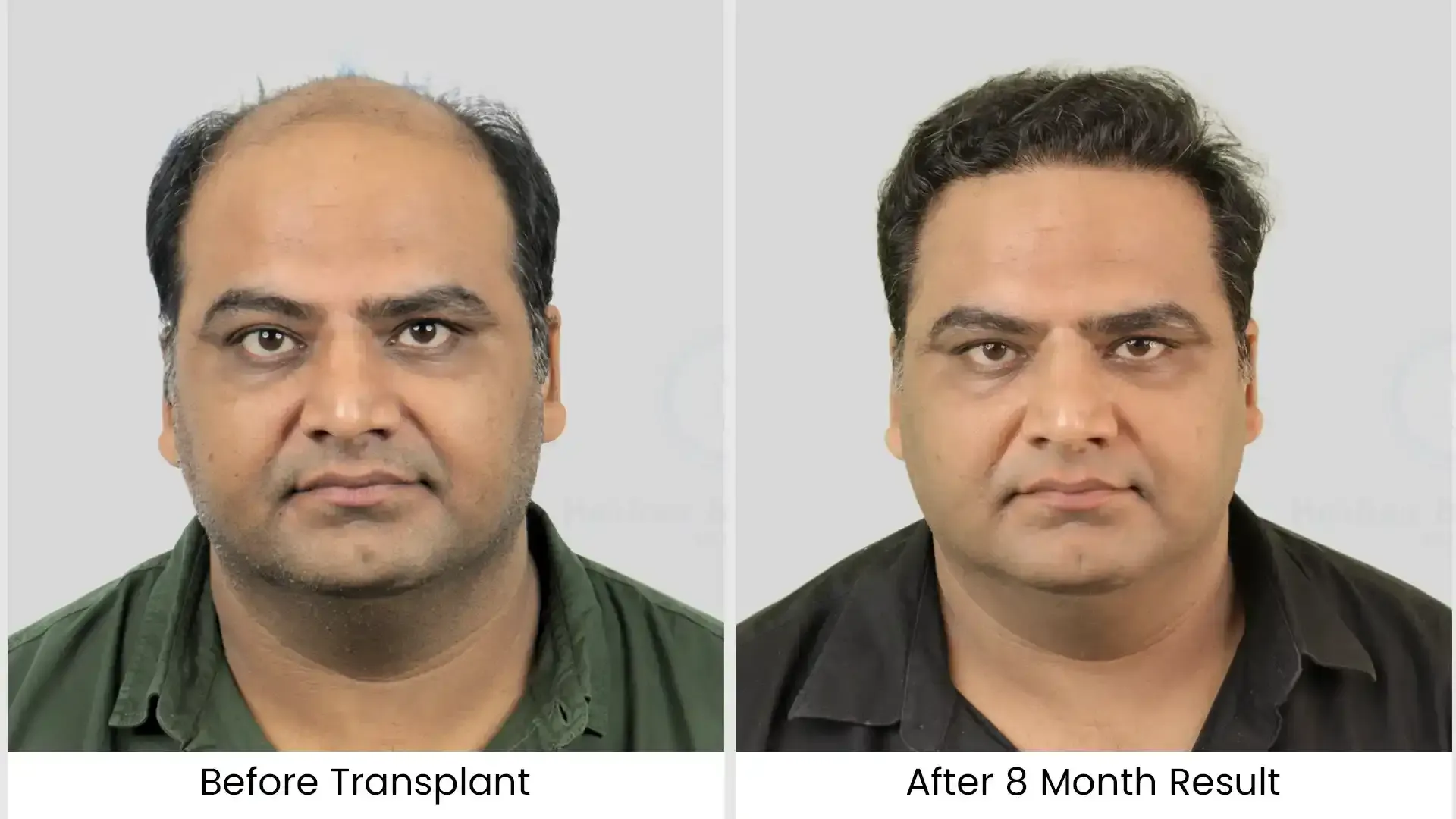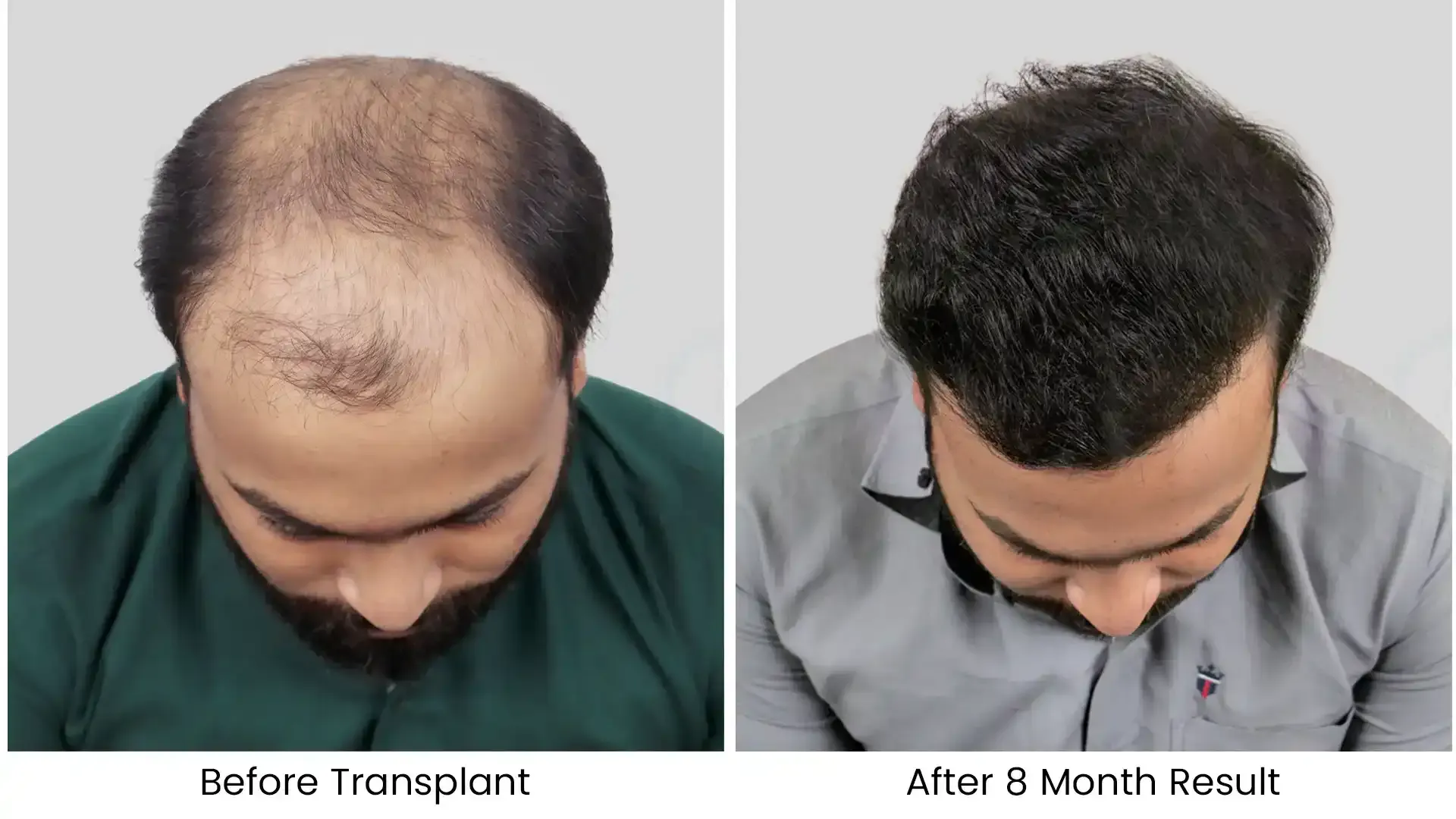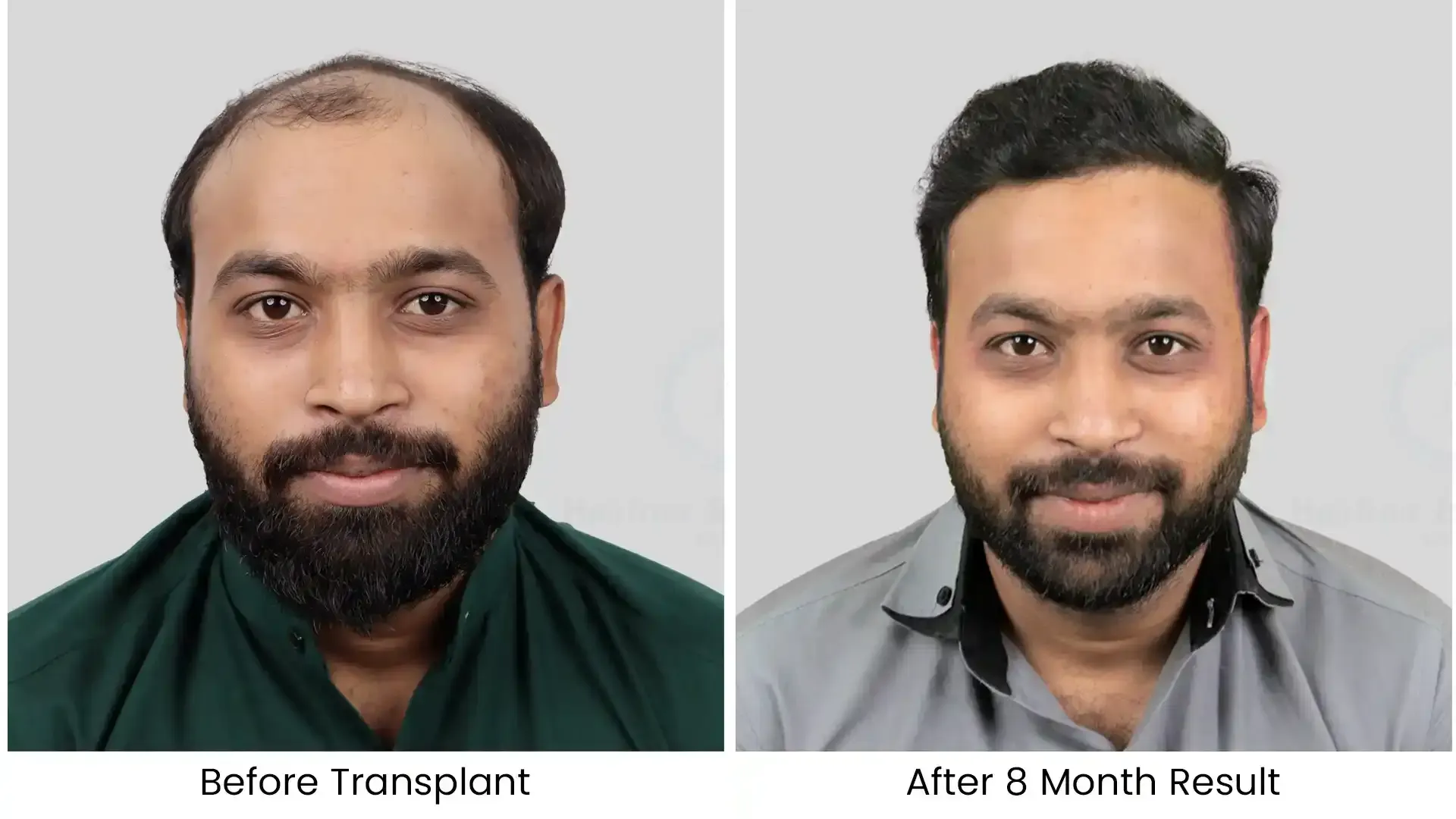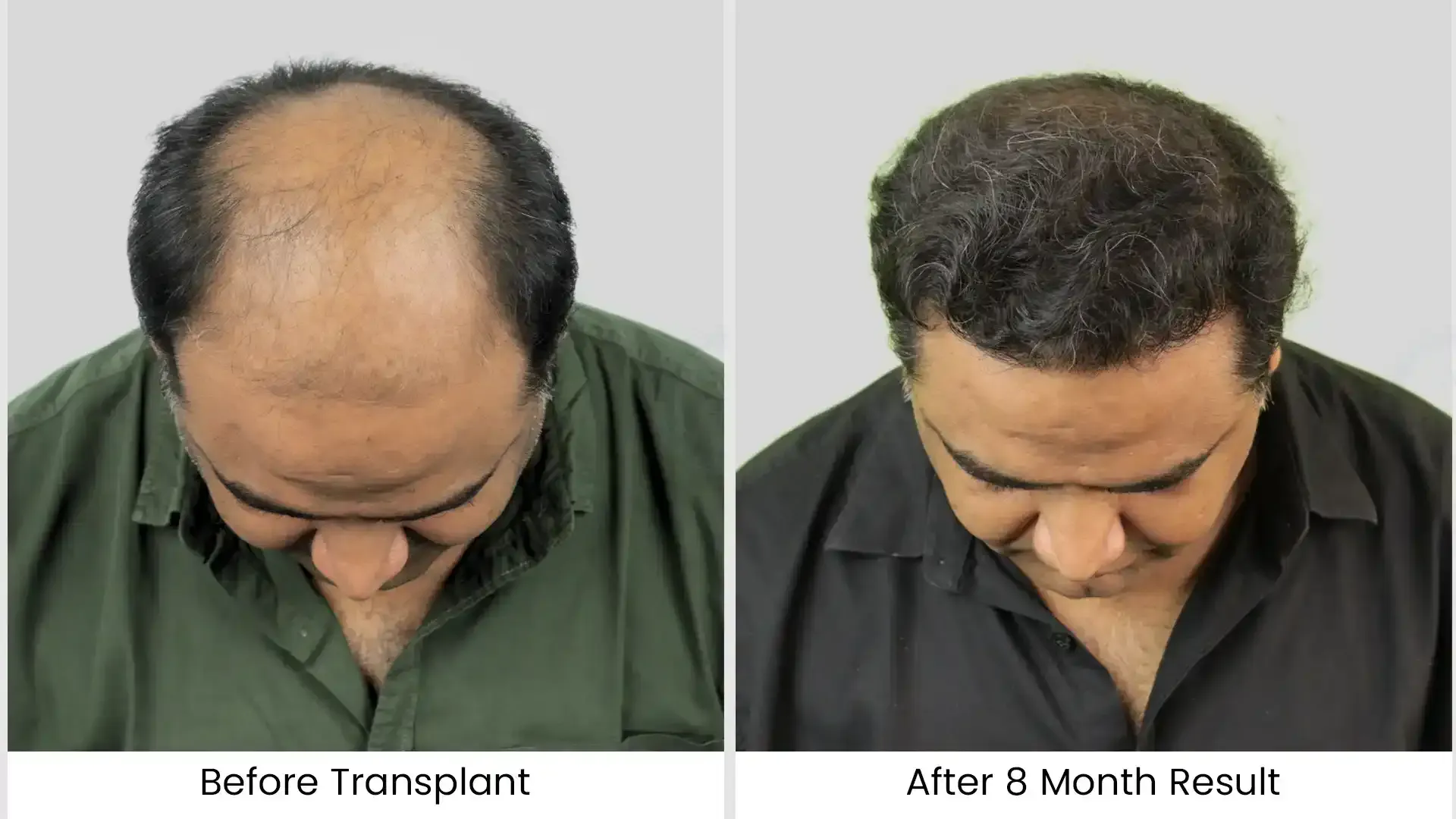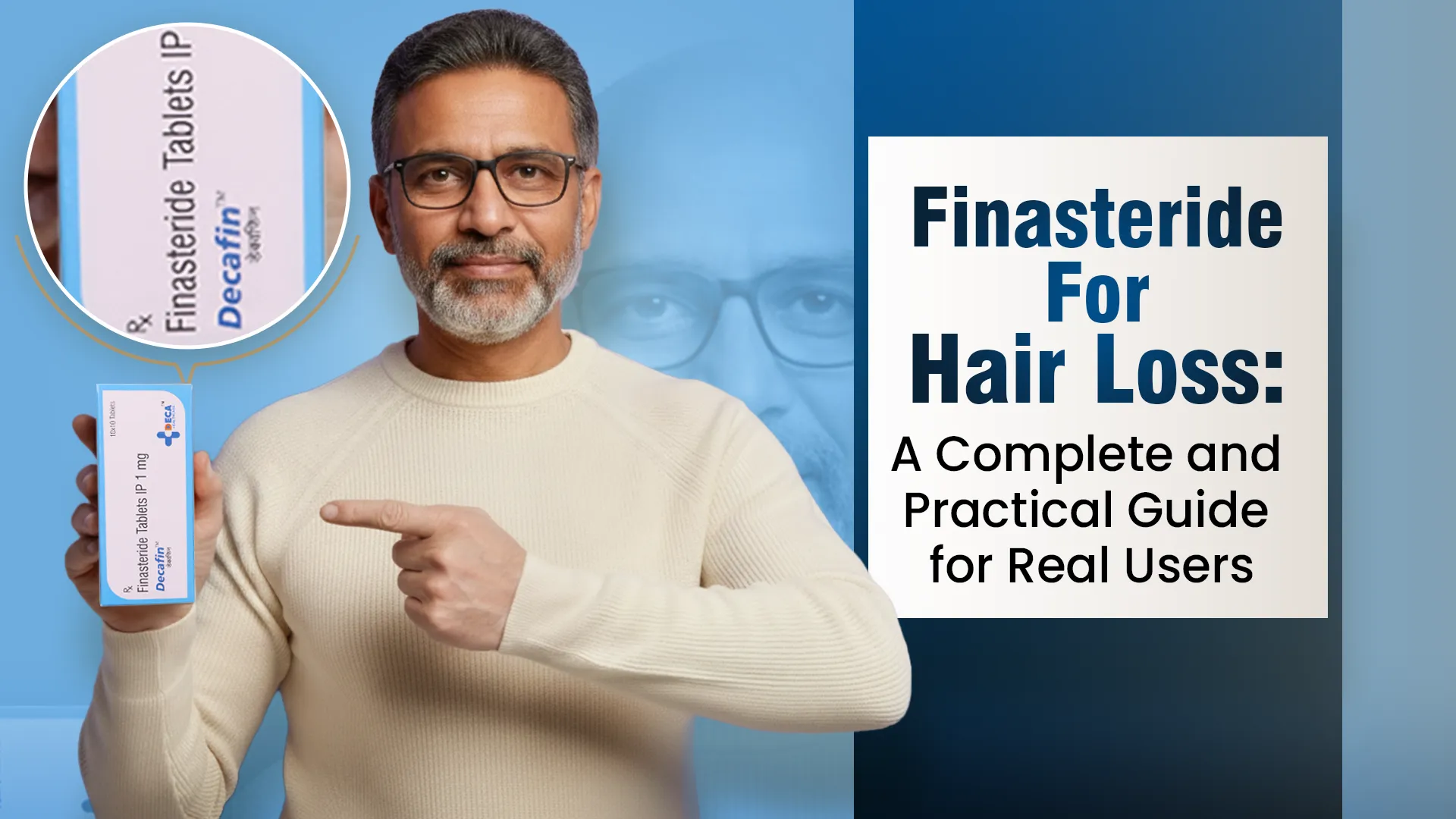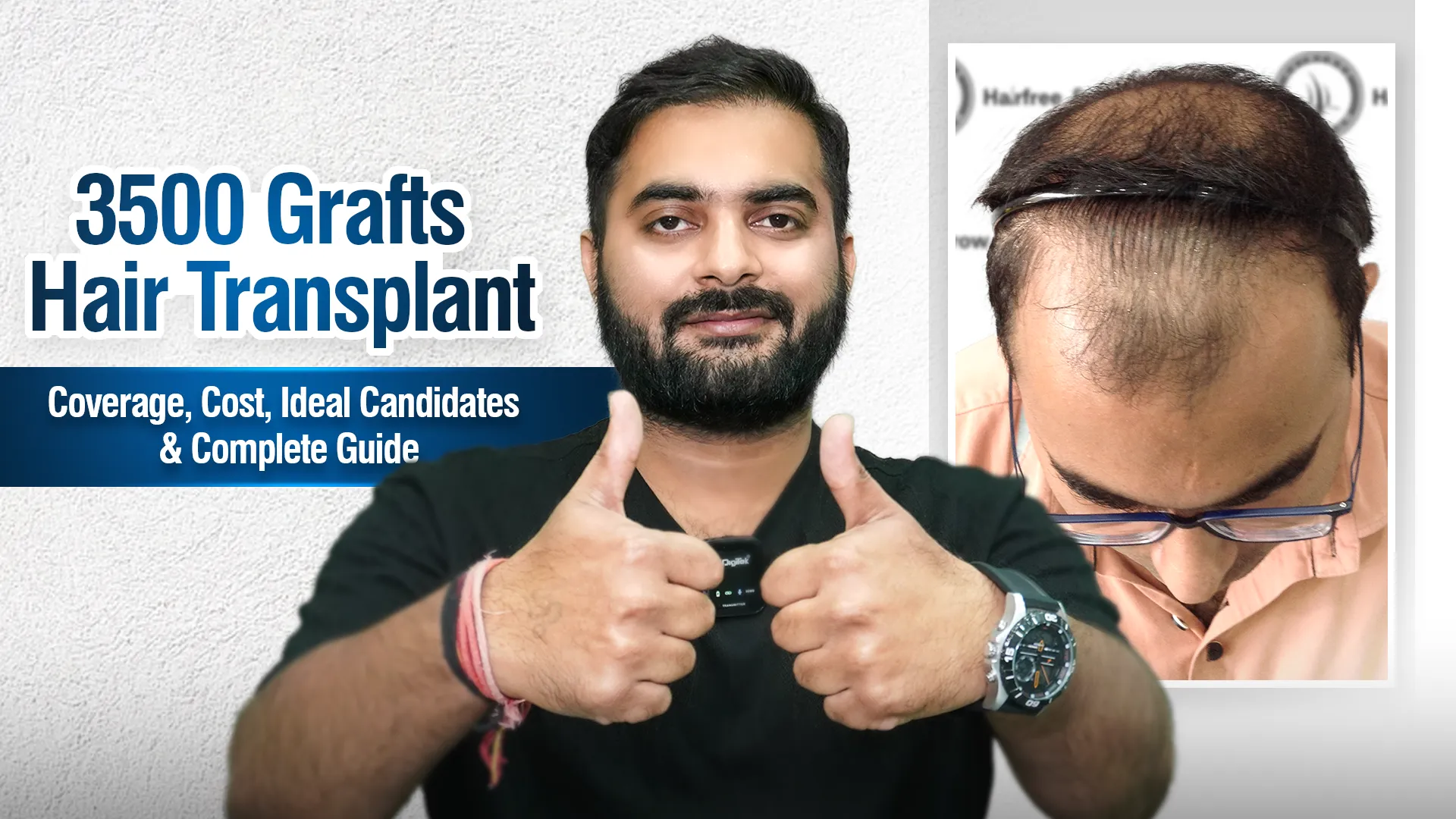Scalp folliculitis is a common problem that occurs when hair follicles on your scalp get infected or irritated. If you are suffering from Scalp folliculitis, you might notice small red bumps, pimples, or itchy spots. Even though it may feel uncomfortable or make you feel low, most people can get relief with good care and healthy scalp habits.
In this blog, we will explain the main reasons scalp folliculitis happens and share the best natural ways you can treat and protect your scalp at home.
What Is Scalp Folliculitis?
Scalp folliculitis is a result of inflamed hair follicles caused by bacteria, fungi, excessive oil, or irritation. Inflammation produces symptoms such as small red bumps, pustules, tenderness, and discomfort that often lead to scalp sensitivity. However, some cases can become chronic and require specific scalp folliculitis treatment.
Common Causes and Risk Factors
Most people experience scalp issues caused by a combination of lifestyle factors, hair-care products, and environmental conditions. Identifying these triggers not only helps in the prevention of recurring episodes but also in the improvement of your scalp condition over time.
Identifying the reason for your flare-ups is very important. Here are some of the most common causes and risk factors:
- Trapping bacteria around hair follicles through profuse sweating
- Using heavy hair products that cause pore blockage
- Infrequent hair washing results in a poor scalp
- Wearing headgear tightly for long periods
- Scratching or causing irritation by rough brushing
It is essential to identify your main cause, which will, in turn, make the treatment of scalp folliculitis much easier and more effective.
Best Ways to Treat Scalp Folliculitis
The approaches to treat and manage folliculitis vary significantly depending on the causative factor. It could be bacteria, fungus, or simply irritation. It is always a good idea to conduct a patch test and then monitor your skin’s reaction before introducing any new product or remedy.
1. Gentle Cleansing With the Right Products
Using a good scalp folliculitis shampoo can help remove oil, bacteria, and product build-up from your scalp. When choosing a shampoo for scalp folliculitis treatment, look for mild formulas with calming ingredients like tea tree oil, zinc pyrithione, or salicylic acid. These ingredients help keep your hair follicles clean and are gentle on your scalp.
2. Warm Compress for Immediate Relief
Ten to fifteen minutes of applying a hot compress will help soothe the skin and make the follicles less swollen and softer. Such a basic procedure not only encourages the outflow but also quickly soothes the irritation without harming the skin.
3. Natural Home-Based Solutions
In case you are a person who favors holistic methods, there are some really good scalp folliculitis home remedies that bring relief. These treatments can calm the inflammation, and at the same time, they will lessen the number of microbes, which are the main cause of irritation to the hair follicle.
Natural Cure For Folliculitis On Scalp
Some of the commonly used natural remedies are:
- Aloe Vera:- For cooling down the affected area
- Diluted tea tree oil:- Can help prevent the growth of microbes.
- Apple cider vinegar rinse:- Known to bring back the scalp’s natural state.
- Warm saltwater rinse: Good for cleaning the clogged follicles.
If these remedies are used along with the proper hygiene of the scalp, they can lead to scalp folliculitis being treated naturally.
Different Types of Scalp Folliculitis & How They’re Managed
Scalp folliculitis treatment takes time. Be patient, as it can take a while for your scalp to fully heal.
Bacterial Folliculitis
Bacterial scalp folliculitis is the most common type and is frequently caused by bacteria from the Staphylococcus family. Light washing, use of warm compresses, and antimicrobial rinses are simple scalp folliculitis home remedies that help with healing. Avoid scratching your scalp, as it can make the inflammation worse and slow down scalp folliculitis treatment.
Fungal Folliculitis
Yeast overgrowth on the scalp triggers this condition. The treatment for a fungal scalp folliculitis usually includes the use of antifungal shampoos or the use of herbal remedies that balance the scalp’s natural oils. Regularly washing and drying the scalp prevents the occurrence of this condition.
Chronic or Recurring Folliculitis
In the case where you suffer from recurring scalp folliculitis often, a review of your daily practices and hair-care products is required. The conditions mentioned above, such as applying too much oil, wearing sweaty hats, or using heavy conditioners, can cause skin problems. It is important to maintain a routine of gentle cleansing and avoiding irritants to reduce the outbreak.
Irritation-Based Folliculitis
Dyeing hair, using harsh styling products, or pulling hair too tightly are all things that can cause irritation to the hair follicles. Just eliminating the product that causes the problem is often sufficient to see the improvement. Dermatologists may even prescribe cortisone cream for scalp folliculitis.
Helpful Comparison of Scalp Folliculitis Types
Here’s a simple table to understand how each type differs and what approach usually works best:
Type of Folliculitis | Common Symptoms | Likely Cause | Helpful Approach |
Bacterial | Red bumps, pus-filled bumps | Bacteria overgrowth | Antimicrobial washes, warm compresses |
Fungal | Itchy bumps, dandruff-like flakes | Yeast imbalance | Antifungal shampoos, balanced scalp care |
Irritation-based | Tenderness, redness, burning sensation | Product reaction | Avoid irritants, soothing natural ingredients |
Chronic | Repeating flare-ups | Combined triggers | Lifestyle + hygiene adjustments |
Preventing Future Breakouts
After your scalp heals, keep it clean and healthy to prevent scalp folliculitis from coming back. Good scalp care lowers the chances of it flaring up again. Helpful habits include:
- Washing your hair as soon as you finish your workouts
- Avoiding heavy oils and waxes
- Using gentle brushes and tools that are scalp-friendly
- Making sure your pillowcase and hats are clean
- Letting your scalp dry thoroughly after washing
With a consistent routine and being aware of triggers, controlling the problem much easier.
Frequently Asked Questions
1. Can scalp folliculitis heal on its own?
In case of mild folliculitis, proper cleansing and care may help it go away on its own. However, in the case of persistent or painful bumps, the use of targeted care may still be beneficial.
2. If I have folliculitis, is it not advisable to apply oil to my hair?
Yes, thick oils may block the pores, leading to more severe inflammation. The best advice is to keep off the oils until your scalp recovers.
3. Does scalp folliculitis spread from person to person?
This usually doesn’t spread from person to person. But poor hygiene may allow the bacterial type to spread.
4. Do I get folliculitis if there is stress?
Stress is not a direct cause of it, but it can lower the body’s defenses and make the scalp more susceptible to inflammation.
5. Are Hair loss and folliculitis connected?
Increased shedding of hair may occur in case of inflamed follicles, but hair regrowth is usually the case once the scalp is healed.
Final Thoughts
Scalp folliculitis can still be cured through the proper care routine and awareness. The consistency of treatment remains the most important factor, no matter whether you are using natural remedies, mild cleansing techniques, or even professional assistance.
If you want to refresh your scalp and help your hair glow better, start your scalp folliculitis treatment today with Hair Free Hair Grow. Take the first step toward having a healthy, itch-free scalp and stronger hair.
Written By
MBBS, MD
Dr. Pratibha Pradhan is a trusted hair specialist known for her expertise in how to cure folliculitis on scalp. She provides clear, effective treatment plans to reduce inflammation and improve scalp health, helping patients achieve long-term comfort and healthy hair growth.
Disclaimer
We’ve made all possible efforts to ensure that the information provided here is accurate, up-to-date and complete, however, it should not be treated as a substitute for professional medical advice, diagnosis or treatment. See Detailed Disclaimers Here.


